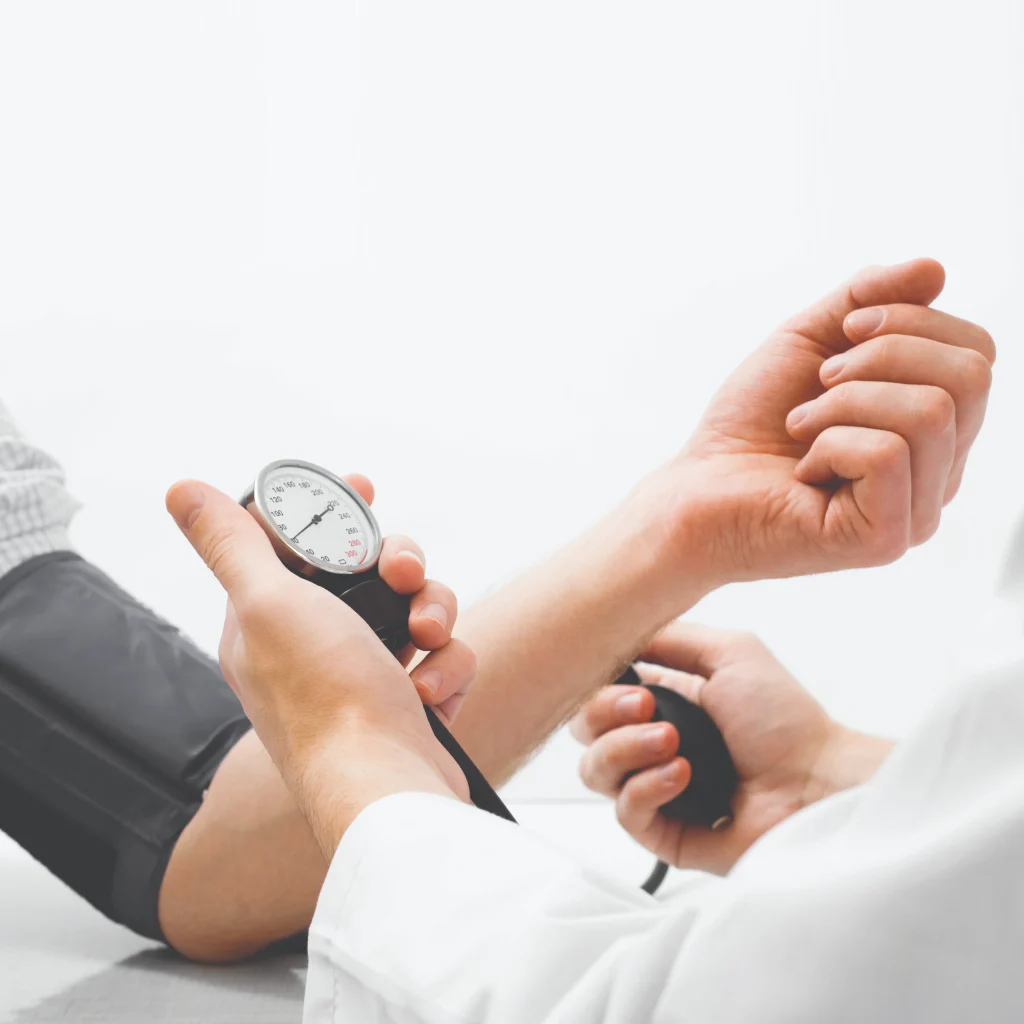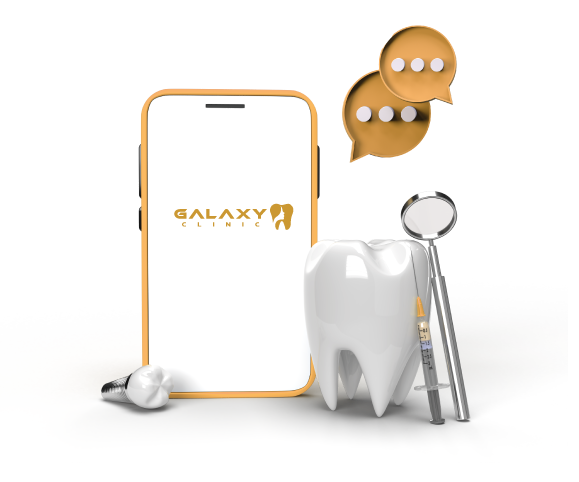Dental care and high blood pressure
What is the relationship between dental health and elevated blood pressure?
High blood pressure, often known as hypertension, is the common disease that happens when the blood flowing through your arteries exerts an excessive force on the arterial walls for a long period of time. A typical blood pressure is less than or equal to 120/80.
High blood pressure is important to control and manage since it can harm the heart, kidneys, or brain.
But can hypertension affect oral health? And how?
How can high blood pressure affect oral health?
High blood pressure, generally known as hypertension, can harm dental health in various ways:
1- Gum diseases: Studies showed that individuals with high blood pressure are more likely to develop gum disease, generally known as periodontitis.
Gum disease is caused by a bacterial accumulation in the mouth, which can cause inflammation and infection in the gums, which can subsequently spread to the bone that supports the teeth. If left untreated, this might lead to tooth loss.
2- Oral bleeding: High blood pressure might make the blood vessels in the gums more vulnerable to bleeding. Brushing and flossing can cause bleeding and discomfort, making it more difficult to maintain proper dental hygiene.
3- Delayed healing: Hypertension can also impede the healing process, which can be detrimental to dental health. For example, in patients with high blood pressure, the healing process following a dental operation, such as a tooth extraction or gum surgery, may take longer.
4- Increased risk of oral cancer: There is some evidence that persons with high blood pressure may be more likely to develop mouth cancer.

Can blood pressure medications affect oral health?
Hypertension medications can lead to many side effects affecting oral health, including:
1- Lips swelling: Some hypertension drugs might cause swelling of the lips, which is a significant side effect of various high blood pressure drugs. If you are on blood pressure medication and experience puffy lips, call your doctor right away. This might mean you’re allergic to the drug and should avoid using it.
2- Dry mouth: As a side effect of high blood pressure drugs, dry mouth can occur. Saliva is necessary for washing away food particles as well as neutralizing acids that might cause tooth disease. When the mouth is dry, the chances of acquiring cavities and other dental problems rise.
To prevent this risk, keep your mouth as clean as possible and brush twice a day for 2 minutes with fluoride toothpaste.
3- Taste changes: such as loss of flavor or a metallic sensation in the tongue.
How can hypertensive patients maintain good oral hygiene?
You may reduce side effects of blood pressure medications by practicing proper oral hygiene at home and through your dentist. As brushing your teeth at least twice a day and cleaning between your teeth with floss or tiny brushes, rinsing and using fluoride toothpaste should be part of your daily “at home” oral hygiene routine.
It is important for people with high blood pressure to maintain good oral hygiene and see a dentist regularly to help prevent these negative effects on oral health. Additionally, they should inform their dentist of any medications they are taking and any health conditions they have, including high blood pressure.
For more information about dental health, click here.
References:
https://www.med.umich.edu/1libr/Dentistry/HTN&OralHealth.pdf


